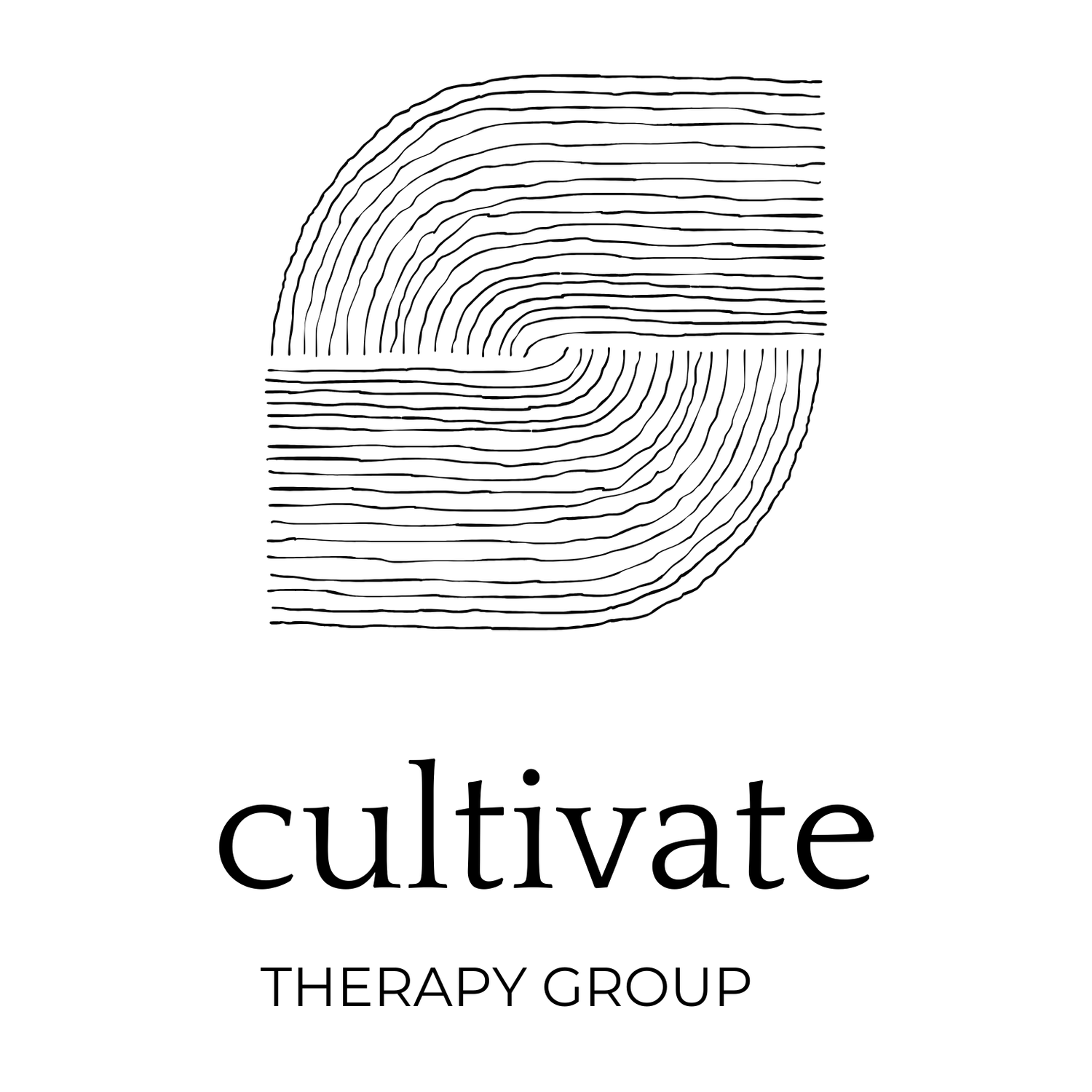Setting Intentions for The New Year
A few year back, I wrote a blog post about claiming a word for your year. Unlike previous resolutions, this is a practice that I’ve maintained! But beyond my success rate, this tradition has surprised me in its impact. It’s even a practice that others have adopted & adapted for themselves. Beyond surface goals around weight or health, claiming a word or phrase for your year is a discipline of setting and honoring intentions. I’ve noticed this practice has anchored me and kept me mindful in a way other goals or resolutions have fallen short.
My Partner Cheated... What Do I Do?
You just found out your partner cheated. You never thought this could happen to you. To add salt to the wound, your go to confidant is now the source of your wounding. You feel crushed, angry, shocked, numb, and completely unsure of what to do next. Do these 5 things and take it day by day.
You Have the Right to Have Boundaries...really!
Successfully implementing boundaries requires believing you have the right to have them. Maybe you grew up in a family where you learned to ignore your feelings or minimize your needs and the idea that you deserve boundaries seems so foreign, even indulgent. Maybe you think boundaries are awesome for other people, but not for you. Build up your foundation by using the Bill of Rights list. This is a list of 25 personal rights adapted from The Anxiety & Phobia Workbook by Dr. Edmund Bourne.
Why Are Boundaries so Hard For Me?
Many people I work with have a hard time understanding and implementing boundaries. Boundaries are a learned skill. It takes time, commitment, and some emotional risks to realize the world won’t swallow you whole when you say no, set limits, or choose to you take care of yourself. The resistance of implementing boundaries is typically rooted in messages we’ve internalized throughout our life. If you struggle with boundaries, see if you identify with the boundary hurdles below.
What are Good Therapeutic Disclosure Questions?
When you discover your partner’s sex or love addiction, you want to want to know everything. This usually yields conversations late into the night, rehashing the past in an effort to seek safety and make sense of the past. I like to call these conversations drive-by disclosure. It is profoundly disorienting to doubt your own history. Enter the formal therapeutic disclosure process, aimed at restoring dignity and providing information so you can make informed decisions about your future. (You can read more about that process here)

